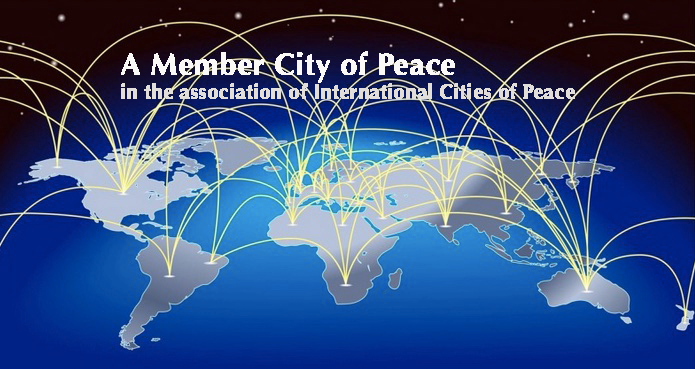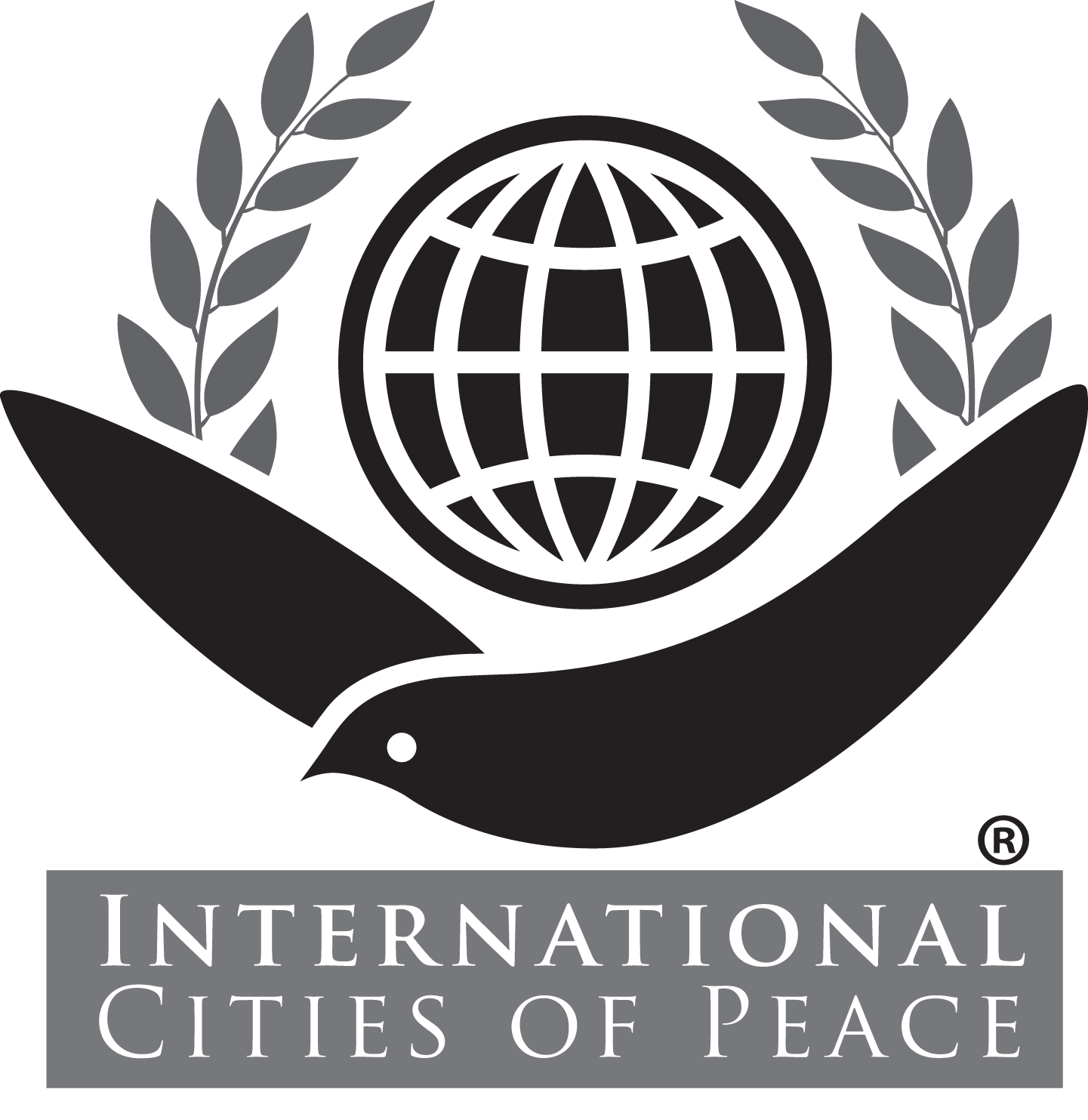
This user has not added any information to their profile yet.
The Masai Mara is a very important Global attraction and the Masaai people play a big role in uniting the world through Tourism. They are an extraordinary people with an extraordinary culture. Native to the south ofthecountry, Kenya Maasaipeople have been protesting against the government's renewed efforts to strip them of the right to occupy and use their ancestral lands. What would it take to defend their homeland? They are born to live their lives among nature. But to live their lives, they need to achieve their dreams, so they will be fighting even if there is any danger, or obstacle for the community. In recent years, Many Maasai land activists were arrested for speaking out. They have been facing a slew of other restrictions affecting their livelihoods. Traditional cattle herders, now they are banned from grazing their animals on the nutrition-rich wildlife park, which has resulted in the higher mortality of their livestock and has also translated into impoverishment and malnutrition among the community. Consequently many children die, leaving people in despair. Maasai face a choice between life and death. We resist peacefully, and also raise awareness as many people have been accustomed to these violations. Our culture could be wiped out, thats why both youths and elders unite.
We pursue lasting peace by producing the empirical research of the root causes of each conflict, teaching conflict resolution and building inter-tribal trust and cooperation. We hold workshops, train tribal leaders in conflict resolution, and encourage sustainable human development. We prepare young peacebuilders to advance change in themselves, their communities and beyond and spearhead peace initiatives in conflict-prone areas. We support communities to rebuild relationships that have been fractured through education and training peace professionals with the requisite skills and techniques for long term conflict prevention and management. And lastly, conducting peace education in schools and with groups in conflict environments, aimed at deligitimising the use of force in solving conflicts and thus fostering a culture of peace.
The Maasai Project is a research, educational and operational institution organised as a nonprofit, independent nongovernmental institution formed for the purpose of of educating communities in Kenya on a number of ecological issues including active nonviolence and other forms of peace-making.
Shine Africa Campaign - One Home One Tree Project, IITTI World Civility Index Canada, World BEYOND War Spain, Veterans For Peace Spain, Veterans Global Peace Network.
John Tilji Menjo is a Volunteer Team/Board Member and Outreach Facilitator for International Cities of Peace. He is also the initiator of the first peace school in Kenya. John has studied at Bhopal and Goa Universities in India. He holds a Bachelor of arts, Postgraduate diploma in publishing, and a Master of arts at the College of Preceptors, England; and has been recognised by Argentina Academy Latin America with the WINGS for Children and Young Writers Chaco Affiliate Award, and also the Love of Planet Award (for Environmental Education and Sustainable Development) by the Bicentennial Patriot Association, Spain. Among other projects, John's activities in Africa, Japan and 20 other countries, focuses on the connection of culture and peacebuilding in development of the next generation of pacemakers as well as mediation efforts for Africa's Rift Valley. He is the Author of Tears From Palestinian Children to God (Foreign Information Office PLO, Washington DC, 1981).
Yes, I approve the guidelines for an International City of Peace and will provide four or more additional approved signatures of community Peace Team members (see next registration field). "A culture of peace is a set of values, attitudes, traditions and modes of behavior and ways of life based on respect for life, ending of violence and promotion and practice of non-violence through education, dialogue and cooperation. Tenets include: Full respect for and promotion of all human rights and fundamental freedoms; Commitment to peaceful settlement of conflicts; Efforts to meet the developmental and environmental needs of present and future generations; Respect for and promotion of the right to development; Respect for and promotion of equal rights and opportunities for women and men; Respect for and promotion of the right of everyone to freedom of expression, opinion and information; Adherence to the principles of freedom, justice, democracy, tolerance, solidarity, cooperation, pluralism, cultural diversity, dialogue and understanding at all levels of society and among nations; and fostered by an enabling national and international environment conducive to peace." In addition, the Golden Rule - "Do for others as you would have them do for you" -- provides a unity proposition for personal, local and global peace.
Note: If information or photos used here are copyrighted, please contact us and we will immediately delete the copyrighted material. Cities of Peace, Inc. is not responsible, and does not condone the actions or solicitations of independent member Cities of Peace or their members profiled on this website. Please inquire if there is a concern. ® International Cities of Peace is a registered trademark of Cities of Peace, Inc. Trademarks include Inspire Peace™, City-to-City Collaboration Program™, ICP Corporate Connect, and Rotarianism for Cities of Peace™. Safety, Prosperity, and Quality of Life: the Consensus Values of Peace (cc) by J. Frederick Arment is licensed under Creative Commons BY 4.0. To view a copy of this license, visit https://creativecommons.org/licenses/by/4.0
